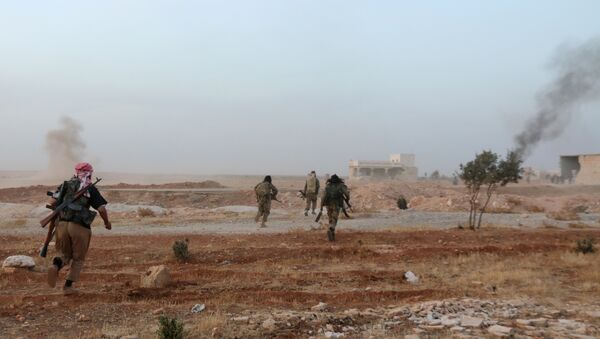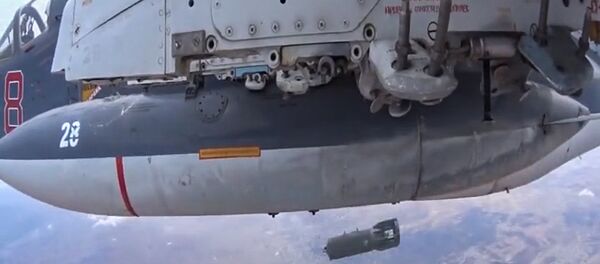On Thursday, Russian President Vladimir Putin said that Syrian leader Bashar Assad agreed with possible Moscow’s support of Syrian opposition factions in case they exist and were ready to fight terrorists. Previously, the Western countries refused to help Russia to identify or establish contacts with Syria's "moderate" opposition.
"There is a clear need for intensive consultations between Russia and the United States and Europe to identify ‘moderate’ opposition groups for possible cooperation in the fight against the Islamic State and to work out the path to a transitional government in Syria," Murphy, who was US assistant secretary of state for Near East and South Asian affairs between 1983 and 1989, said.
Murphy added that Putin’s Thursday statement may represent an improvement in Assad’s stance on the Syrian civil war and the prospects for moving ahead to negotiate a transitional government.
Syria has been mired in a civil war since 2011, with opposition factions and Islamist terrorist groups such as ISIL and the Nusra Front fighting the Syrian Army.
After Russia launched its military operation against ISIL in Syria following Assad's request on September 30, Russian Deputy Defense Minister Anatoly Antonov said Moscow was ready to use information obtained by the US-led coalition to fight ISIL in Syria, calling on coalition members to exchange intelligence on the militant group.
Moscow has also asked Washington to help it establish contact with the moderate opposition factions, such as the Free Syrian Army, to set up a political dialogue, but did not get a US response.





